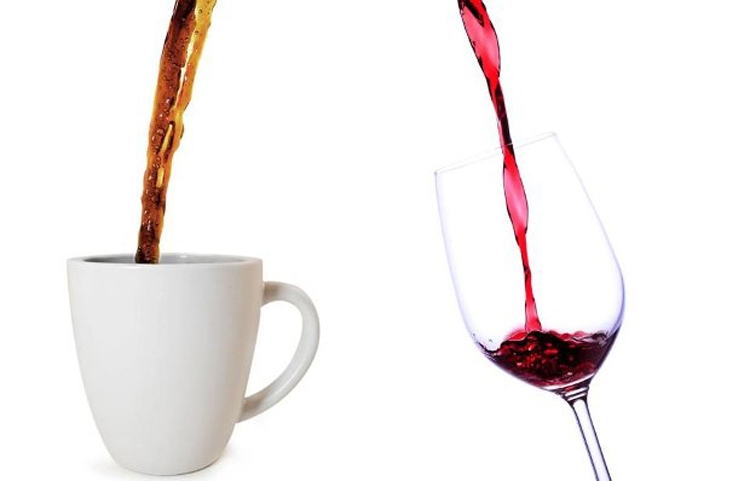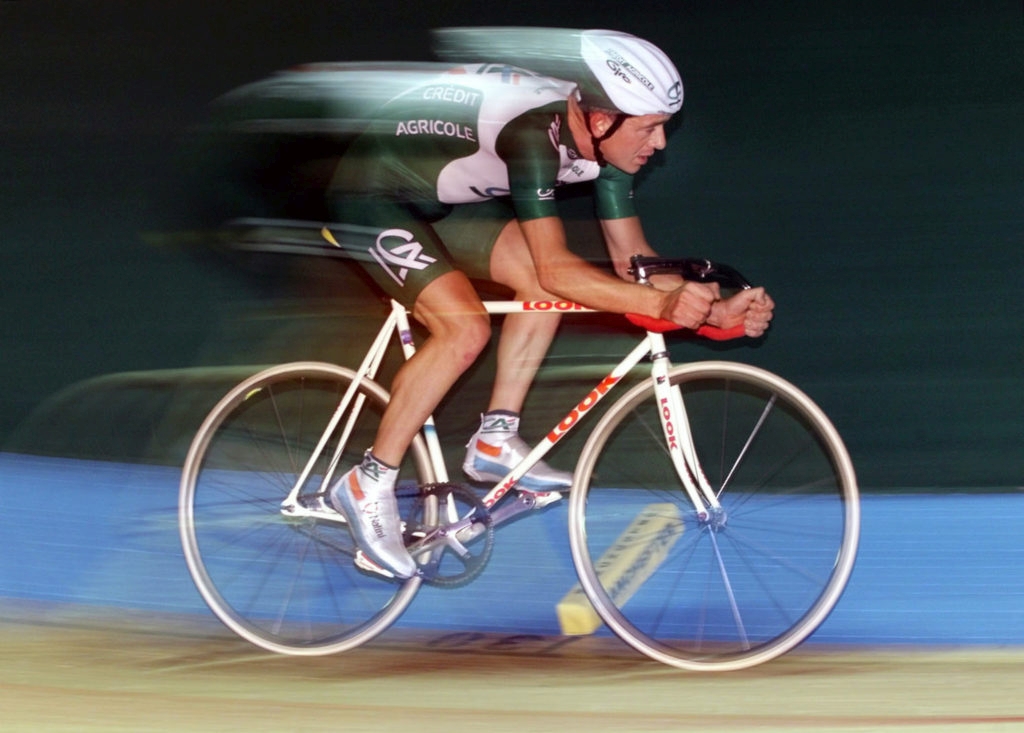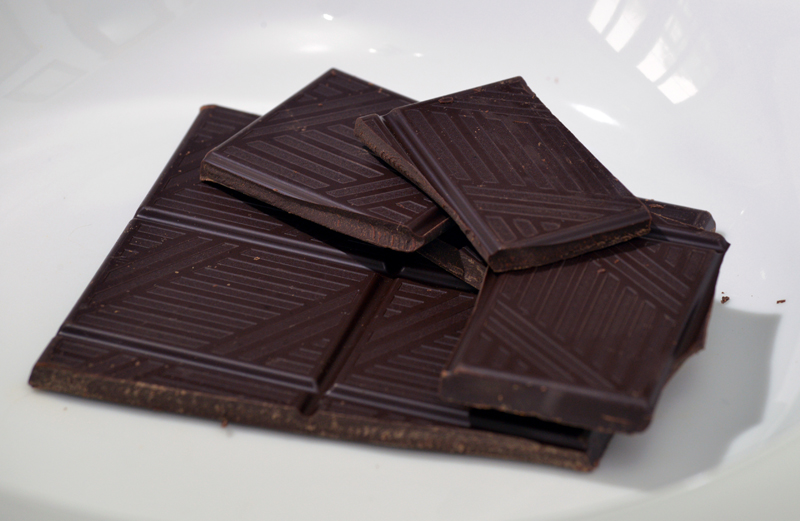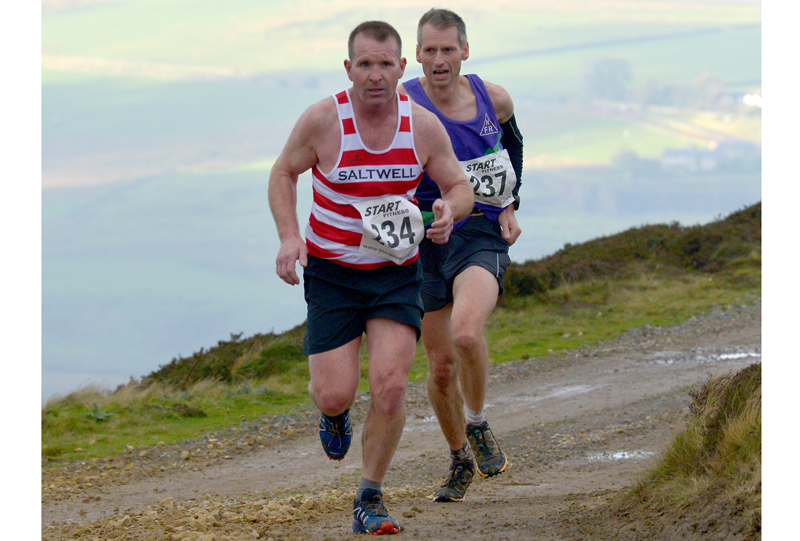You are viewing 1 of your 1 free articles. For unlimited access take a risk-free trial
Caffeine - friend, not foe

A good cyclist friend was bending my ear about how to structure his nutrition for a ‘big’ 100-mile ride next April. My advice on the importance of carbohydrate before and during the event was well received. But as soon as I mentioned the other C-word (caffeine!), a look of both panic and disapproval rapidly spread across his face.
“No, sorry”, he replied. “I’m not using caffeine – my health is much more important to me than any cycling sportive event.” Unfortunately, my efforts to reassure him otherwise were in vain; he’d seen and read the news stories about the health risks of caffeine, and his mind was made up.
In case you missed it, these stories were sparked by a report from the EU’s food safety watchdog, which advised a daily caffeine limit of 400mg. According to the ‘experts’, drinking more than four mugs of instant coffee a day could be dangerous, with even healthy adults at risk. The European Food Safety Agency also warned those who break the limits could run the risk of a host of health problems, from anxiety and sleeplessness to heart rhythm disturbances and heart failure.
Needless to say, media organisations such as the BBC and national newspapers piled in – there’s nothing like a good scare story after all. Phrases such as ‘killer cuppa’ filled the airwaves, while holier than thou health experts preached about the virtues of forgoing a caffeine-laden morning tea or coffee, and drinking hot lemon water instead....
The truth
But what’s the real truth about caffeine? We know that used correctly, it’s a proven performance enhancer for endurance athletes – something, we’ve covered extensively in Sports Performance Bulletin over the years. But is there a price to pay for the benefits it brings?A trawl through the scientific literature on caffeine consumption and associated health risks is surprising – surprising because it’s actually very hard to find negative health effects from the kinds of caffeine levels you would ingest, even if you were a reasonably heavy tea/coffee drinker, or used pre-exercise caffeine products to boost performance. Studies have been published showing that regular caffeine consumption:
- Does not increase blood pressure1
- Does not increase the risk of heart arrythmias2
- Does not increase the risk of bladder cancer3
- Does not increase prostate, lung, colorectal or ovarian cancer risk4
- Does not increase the risk of Alzheimer’s disease5
- Reduce the risk of early death from all causes6
- Reduce the risk of early cognitive impairment and Alzheimer’s disease7
- Reduce the risk of depression8
- Decrease the risk of cancer overall (with tea intake)9
- Decrease the risk of colon cancer (with coffee intake)10
- Decrease the risk of skin11 and liver12 cancers
As for how to use caffeine to most effectively boost endurance performance, there are just too many variables to discuss here. But if you want to know what the most recent thinking is on how much to use for a particular event, when and how often to use it, and what form of caffeine is best to use, Sports Performance Bulletin has answered all these questions and can provide you with the latest thinking and best practice.
Andrew Hamilton (Sports Performance Bulletin editor)
References
- Am J Clin Nutr. 2015 Dec 9. pii: ajcn120147. [Epub ahead of print]
- Europace. 2015 Oct 5. pii: euv261. [Epub ahead of print]
- Urology. 2015 Sep 25. pii: S0090-4295(15)00911-5
- Br J Cancer. 2015 Sep 1;113(5):809-16.
- J Alzheimers Dis. 2015 Aug 11;47(4):889-99
- Am J Epidemiol. 2015 Dec 15;182(12):1010-1022
- J Alzheimers Dis. 2015 Aug 11;47(4):889-99.
- Aust N Z J Psychiatry. 2015 Sep 2. pii: 0004867415603131. [Epub ahead of print]
- Br J Cancer. 2015 Sep 1;113(5):809-16
- J Clin Oncol. 2015 Nov 1;33(31):3598-607
- Epidemiology. 2015 Nov;26(6):898-908
- Cancer Epidemiol Biomarkers Prev. 2015 Sep;24(9):1398-406
For more information on caffeine and sports performance, check out the articles below:
Newsletter Sign Up
Testimonials
Dr. Alexandra Fandetti-Robin, Back & Body Chiropractic
Elspeth Cowell MSCh DpodM SRCh HCPC reg
William Hunter, Nuffield Health
Newsletter Sign Up
Coaches Testimonials
Dr. Alexandra Fandetti-Robin, Back & Body Chiropractic
Elspeth Cowell MSCh DpodM SRCh HCPC reg
William Hunter, Nuffield Health
Keep up with latest sports science research and apply it to maximize performance
Today you have the chance to join a group of athletes, and sports coaches/trainers who all have something special in common...
They use the latest research to improve performance for themselves and their clients - both athletes and sports teams - with help from global specialists in the fields of sports science, sports medicine and sports psychology.
They do this by reading Sports Performance Bulletin, an easy-to-digest but serious-minded journal dedicated to high performance sports. SPB offers a wealth of information and insight into the latest research, in an easily-accessible and understood format, along with a wealth of practical recommendations.
*includes 3 coaching manuals
Get Inspired
All the latest techniques and approaches
Sports Performance Bulletin helps dedicated endurance athletes improve their performance. Sense-checking the latest sports science research, and sourcing evidence and case studies to support findings, Sports Performance Bulletin turns proven insights into easily digestible practical advice. Supporting athletes, coaches and professionals who wish to ensure their guidance and programmes are kept right up to date and based on credible science.












